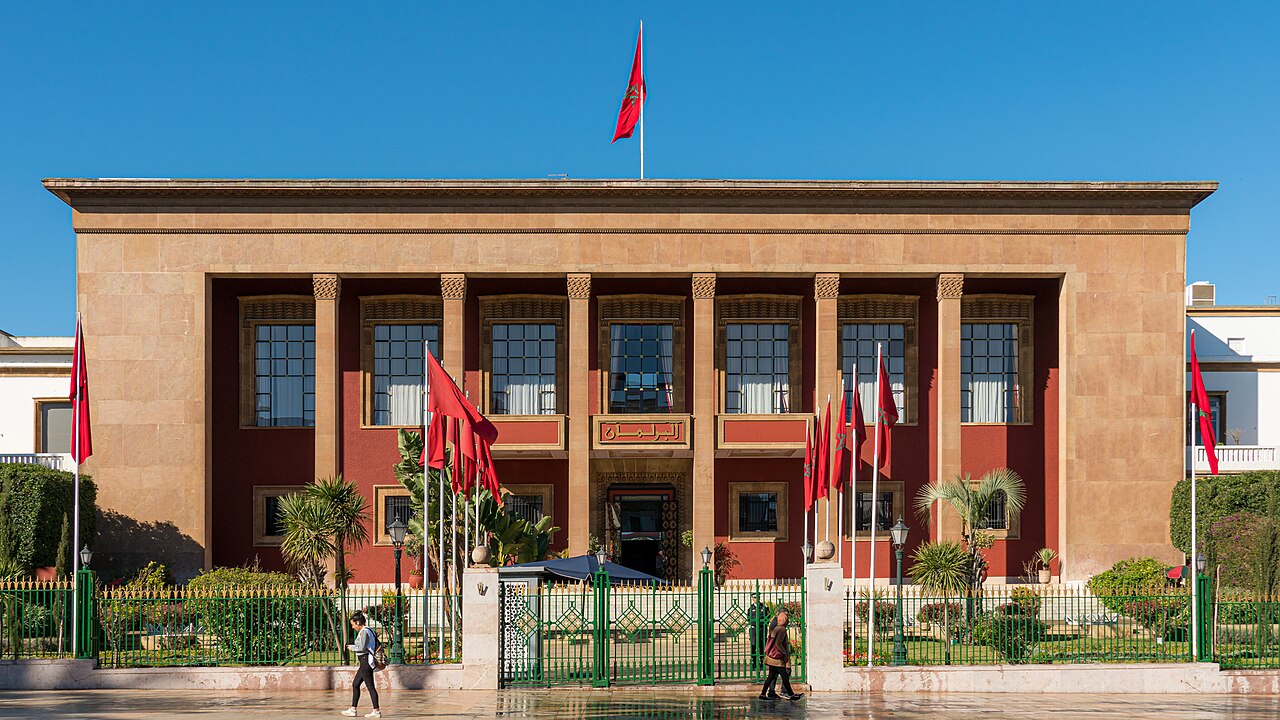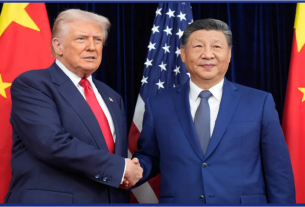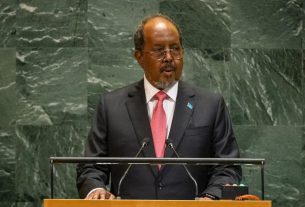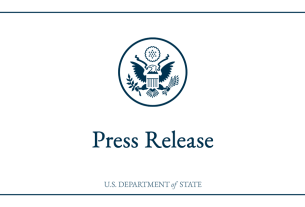Rabat, 3 October 2025 — Moroccan Prime Minister Aziz Akhannouch has appealed for dialogue following a sixth consecutive night of youth-led protests that have shaken cities across the country. The unrest, some of the most intense in years, has left at least three people dead and hundreds injured, with clashes between demonstrators and security forces escalating into riots in several regions.
Anger Over Spending Priorities
The protests, largely organised online by the Gen Z 212 movement, were sparked by mounting frustration over the government’s decision to channel billions of dollars into preparations for the 2030 FIFA World Cup, which Morocco will co-host with Spain and Portugal. Demonstrators argue that funds should instead be directed toward healthcare, education, and job creation, sectors long plagued by underinvestment.
Chants such as “We want hospitals, not stadiums” have become rallying cries, particularly after the recent deaths of eight women in an under-resourced hospital in Agadir, which exposed systemic failures in the public health system.
Escalation and Response
While many protests began peacefully, violence has spread in cities including Casablanca, Rabat, Agadir, and Oujda, with vehicles set ablaze, property damaged, and mass arrests reported. The Interior Ministry confirmed that over 400 people have been detained, while 263 security personnel and 23 civilians were injured nationwide.
Authorities have defended their response as lawful, but human rights groups have condemned the use of excessive force and the detention of minors. Amnesty International urged the government to “engage with the legitimate demands of the youth” rather than rely on repression.
Political Implications
The unrest highlights deep generational and regional divides in Morocco, where youth unemployment stands at nearly 36% and rural communities continue to feel neglected. With parliamentary elections scheduled for 2026, analysts warn that the protests could reshape the political landscape, echoing earlier movements such as the 2011 February 20 protests and the 2016–2017 Hirak Rif uprising.
Prime Minister Akhannouch’s call for dialogue marks the government’s first significant political overture since the protests began, but whether it will ease tensions remains uncertain as demonstrations show no sign of abating.
Moroccan-Parliament-Building-Rabat-on-Wikimedia-by-Fernando-Pascullo



